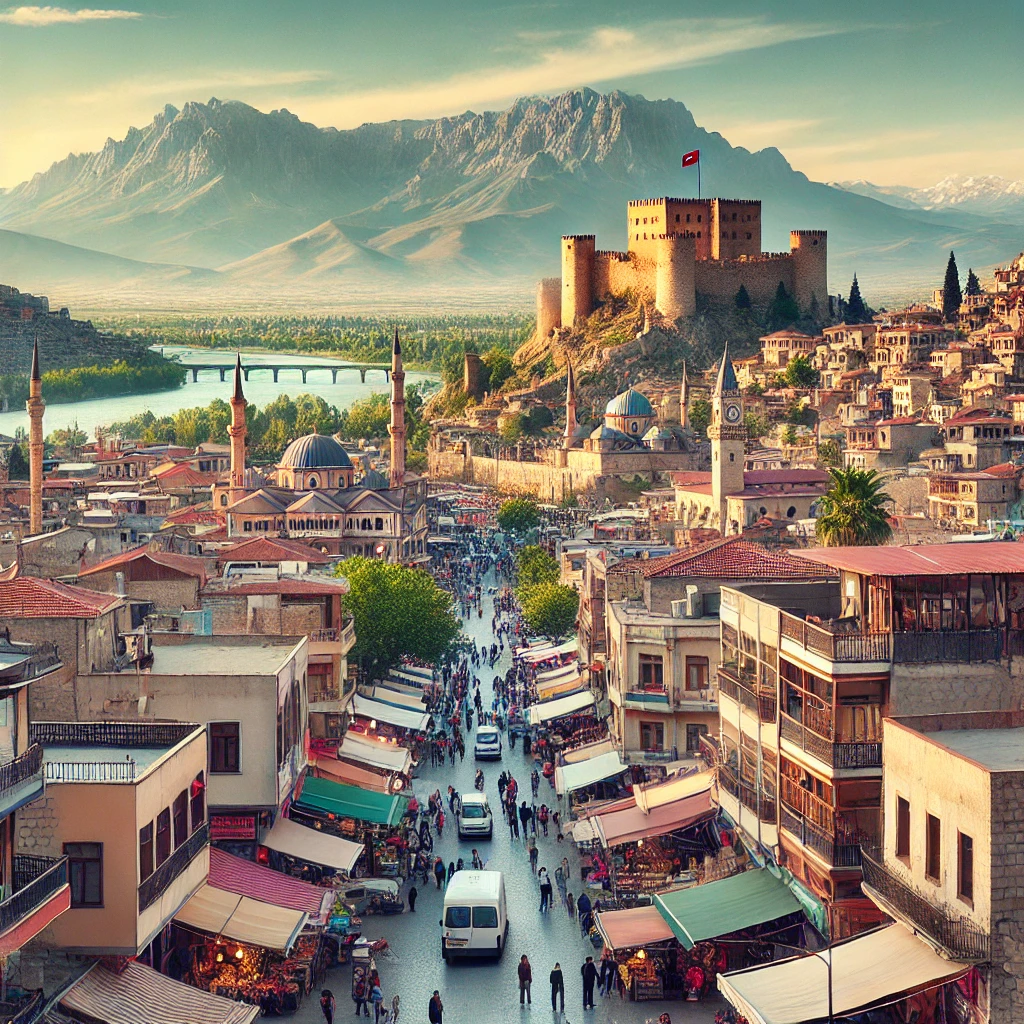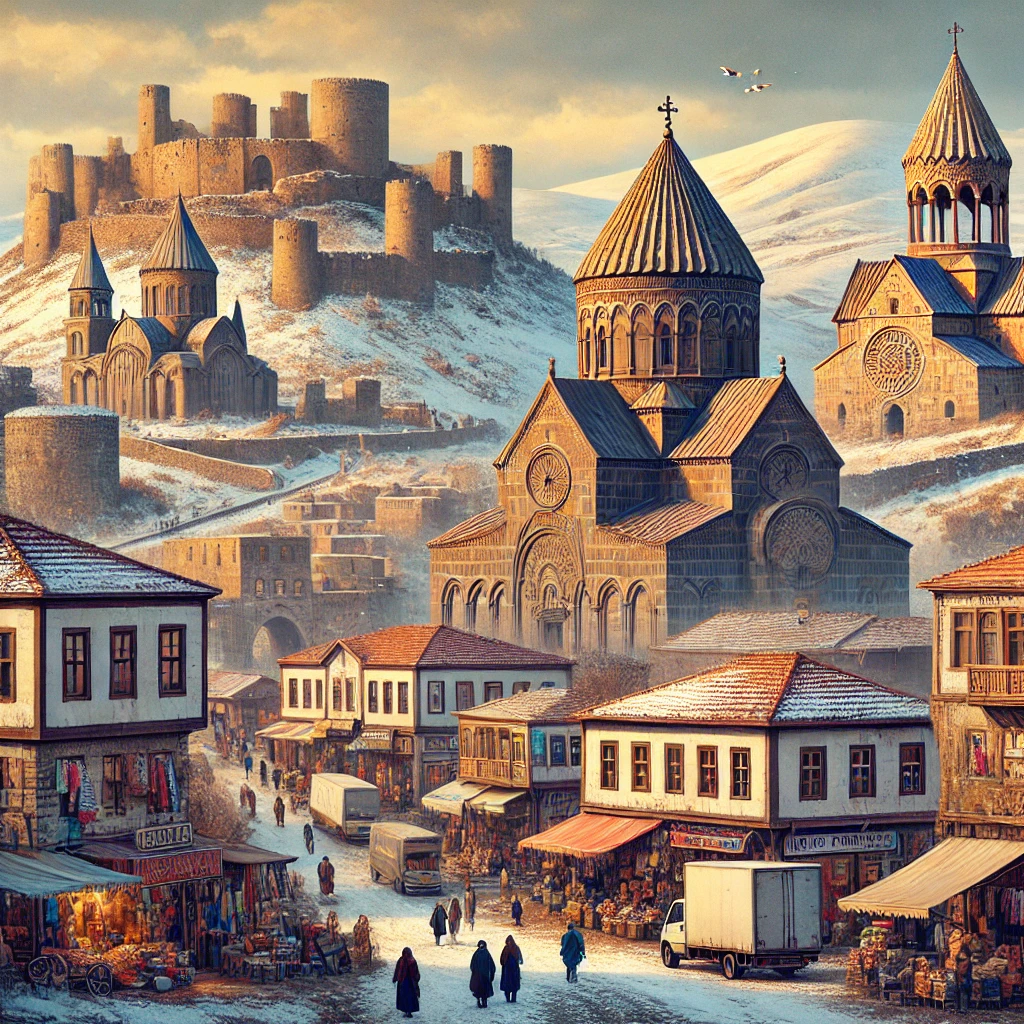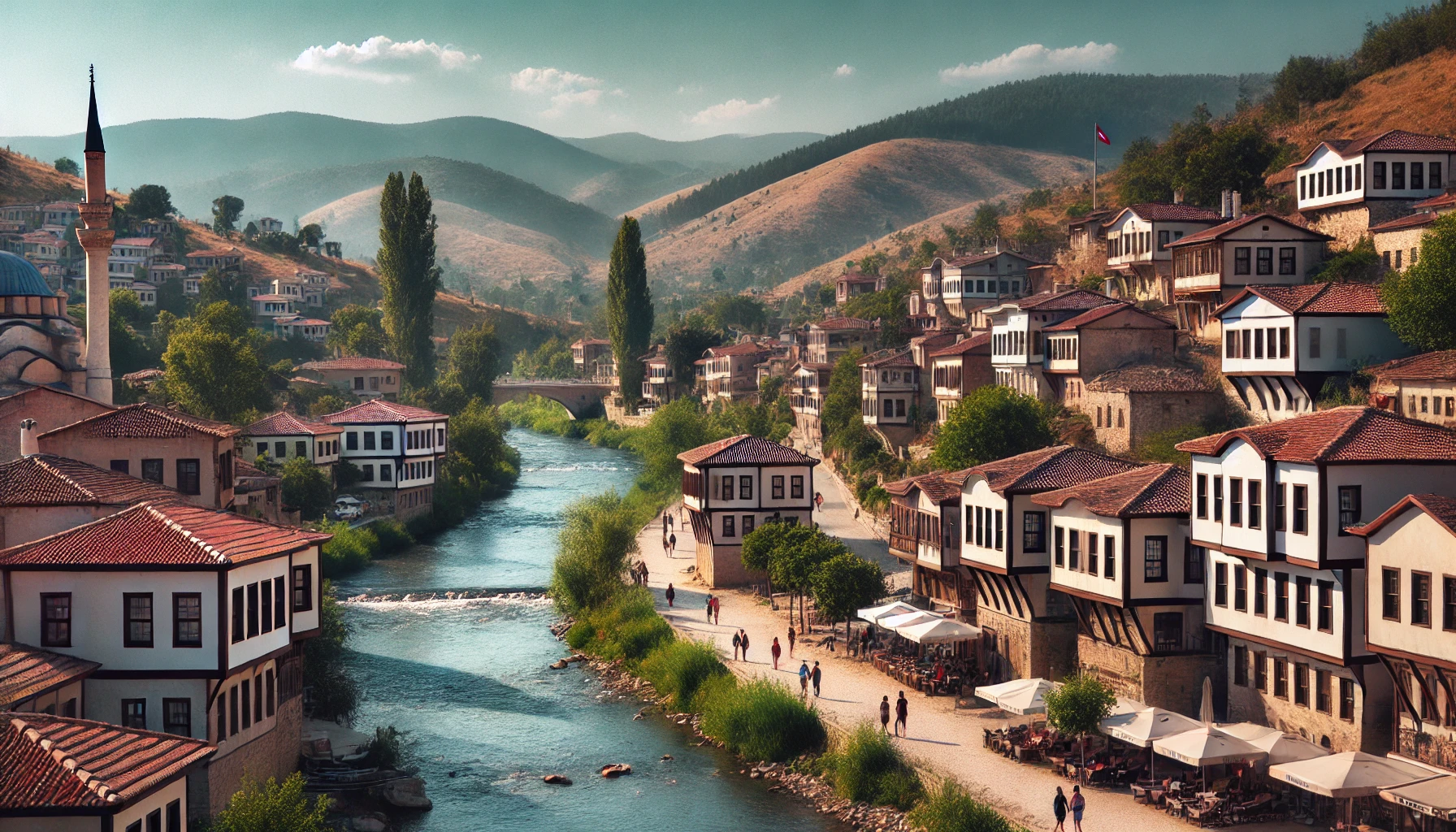Statistics of Turkey
Turkey, a country that spans two continents and offers a unique blend of Eastern and Western cultures, boasts a wealth of intriguing statistics that reflect its dynamic and diverse nature. From its robust economy to its vibrant population, Turkey’s statistics provide valuable insights into the country’s current state and its future potential. This comprehensive guide will delve into various key statistics about Turkey, offering a detailed snapshot of the nation’s demographics, economy, education, healthcare, and tourism.
Demographics
Population
As of 2024, Turkey’s population is approximately 85 million, making it one of the most populous countries in the region. The population is relatively young, with a median age of around 32 years.
Population Growth Rate
Turkey’s population growth rate is about 1.3% per year, reflecting a steady increase that supports the country’s economic and social development.
Urbanization
Approximately 76% of Turkey’s population resides in urban areas. Major cities like Istanbul, Ankara, and Izmir are home to large urban populations, contributing significantly to the country’s economic activity.
Economy
Gross Domestic Product (GDP)
Turkey’s GDP is approximately $905 billion, making it the 19th largest economy in the world. The country has a diverse economy, with key sectors including manufacturing, agriculture, tourism, and services.
GDP Growth Rate
Turkey’s GDP growth rate is projected to be around 4.5% in 2024, driven by strong domestic demand and investment in infrastructure and technology.
Employment
The unemployment rate in Turkey is around 10.5%, with significant variations across different regions and sectors. The services sector is the largest employer, followed by industry and agriculture.
Labor Force
Turkey’s labor force consists of approximately 33 million people, with a labor force participation rate of around 53%. Efforts are being made to increase female participation in the workforce, which currently stands at about 34%.
Education
Literacy Rate
Turkey has a literacy rate of approximately 97.6% for individuals aged 15 and older. The government has implemented various educational reforms to improve literacy and educational outcomes.
Enrollment Rates
- Primary Education: The net enrollment rate for primary education is around 98%.
- Secondary Education: The net enrollment rate for secondary education is approximately 85%.
- Higher Education: The gross enrollment rate for higher education is about 50%.
Universities
Turkey is home to over 200 universities, including prestigious institutions like Boğaziçi University, Middle East Technical University (METU), and Koç University. These universities attract students from around the world and offer a wide range of undergraduate, graduate, and doctoral programs.
Healthcare
Life Expectancy
The average life expectancy in Turkey is around 78 years, with women generally living longer than men.
Healthcare System
Turkey has a universal healthcare system, with both public and private providers. The country has made significant improvements in healthcare infrastructure and services, leading to better health outcomes.
Healthcare Expenditure
Healthcare expenditure in Turkey is approximately 4.2% of GDP, reflecting the government’s commitment to improving health services and accessibility.
Tourism
Tourist Arrivals
Turkey is a major tourist destination, attracting around 40 million international visitors annually. The country’s rich history, diverse culture, and stunning landscapes make it a popular choice for travelers.
Top Destinations
- Istanbul: Known for its historical sites, vibrant nightlife, and cultural diversity.
- Antalya: Famous for its beautiful beaches and luxury resorts.
- Cappadocia: Renowned for its unique rock formations and hot air balloon rides.
Tourism Revenue
Tourism generates approximately $35 billion in revenue annually, making it a crucial sector for Turkey’s economy.
Infrastructure
Transportation
Turkey has a well-developed transportation network, including roads, railways, and airports. Major infrastructure projects, such as the Istanbul Airport and the Istanbul Canal, are set to enhance the country’s connectivity.
Roads and Highways
Turkey has an extensive network of roads and highways, spanning over 68,000 kilometers, facilitating efficient domestic and international transportation.
Airports
Turkey has more than 50 airports, with Istanbul Airport being one of the largest and busiest in the world. The airport serves as a major hub for international travel.
Energy
Energy Production
Turkey’s energy production is diverse, with significant contributions from natural gas, coal, hydroelectric, and renewable energy sources. The country is making efforts to increase the share of renewables in its energy mix.
Renewable Energy
Renewable energy sources, including wind, solar, and hydroelectric power, account for approximately 15% of Turkey’s total energy production. The government aims to increase this share to 30% by 2030.
Environment
Environmental Initiatives
Turkey is actively involved in environmental protection and sustainability initiatives. The country has implemented policies to reduce carbon emissions, improve waste management, and protect natural habitats.
Protected Areas
Turkey has designated around 9% of its land area as protected areas, including national parks, nature reserves, and wildlife sanctuaries, to preserve its rich biodiversity.
Technology and Innovation
Technology Sector
Turkey’s technology sector is growing rapidly, with significant investments in research and development. The country is home to a burgeoning startup ecosystem, particularly in cities like Istanbul and Ankara.
Innovation Index
Turkey ranks 49th on the Global Innovation Index, reflecting its advancements in technology, education, and infrastructure. The government supports innovation through various incentives and funding programs.
Social Indicators
Human Development Index (HDI)
Turkey ranks 54th on the Human Development Index, indicating high levels of education, income, and life expectancy. The country continues to make strides in improving living standards and social welfare.
Gender Equality
Turkey has made progress in promoting gender equality, but challenges remain. Women’s participation in the labor force and political representation are areas where further improvements are needed.
Future Prospects
Economic Outlook
Turkey’s economic outlook remains positive, with projected GDP growth and continued investment in infrastructure and technology. The government’s focus on economic reforms and diversification is expected to support sustainable growth.
Strategic Goals
- Vision 2023: Turkey’s development plan aims to position the country among the top 10 global economies by 2023, the centennial of the Republic of Turkey. Key goals include enhancing industrial production, boosting exports, and improving education and healthcare services.
Conclusion
Turkey’s diverse and dynamic landscape is reflected in its impressive statistics across various sectors. From its growing economy and vibrant tourism industry to its robust education and healthcare systems, Turkey continues to make significant strides on the global stage. Understanding these statistics provides valuable insights into the country’s development, opportunities, and challenges.
As Turkey continues to evolve and grow, it remains an attractive destination for travel enthusiasts, investors, and scholars alike. Whether you’re interested in exploring its rich cultural heritage, investing in its booming real estate market, or learning about its economic prospects, Turkey offers a wealth of opportunities and experiences.
So pack your bags, plan your itinerary, and get ready to discover all that Turkey has to offer. From its bustling cities and historic sites to its stunning natural landscapes and vibrant culture, Turkey awaits with open arms and endless possibilities.





